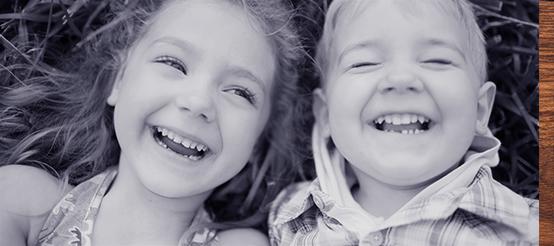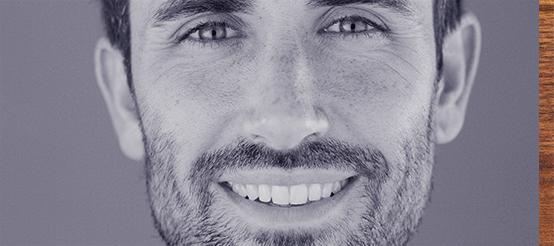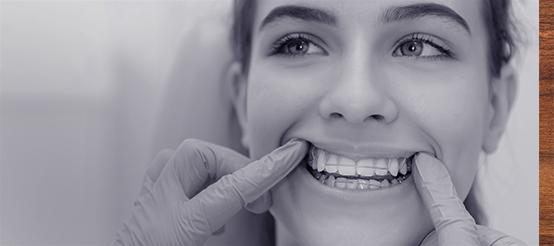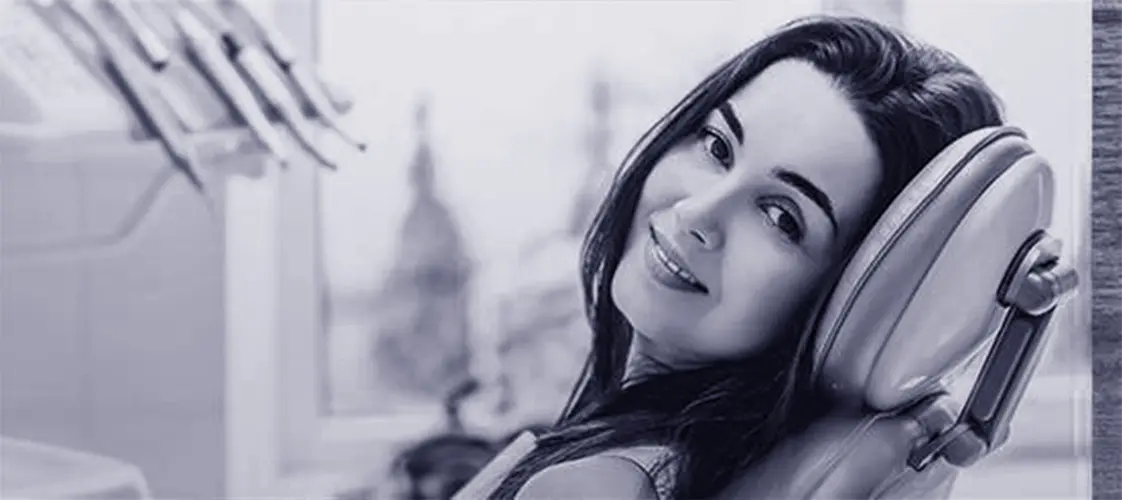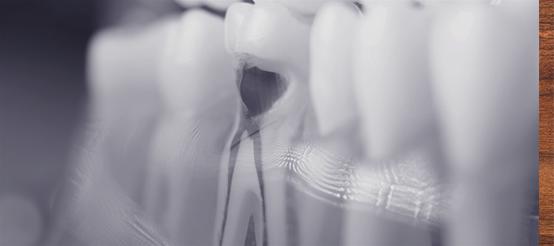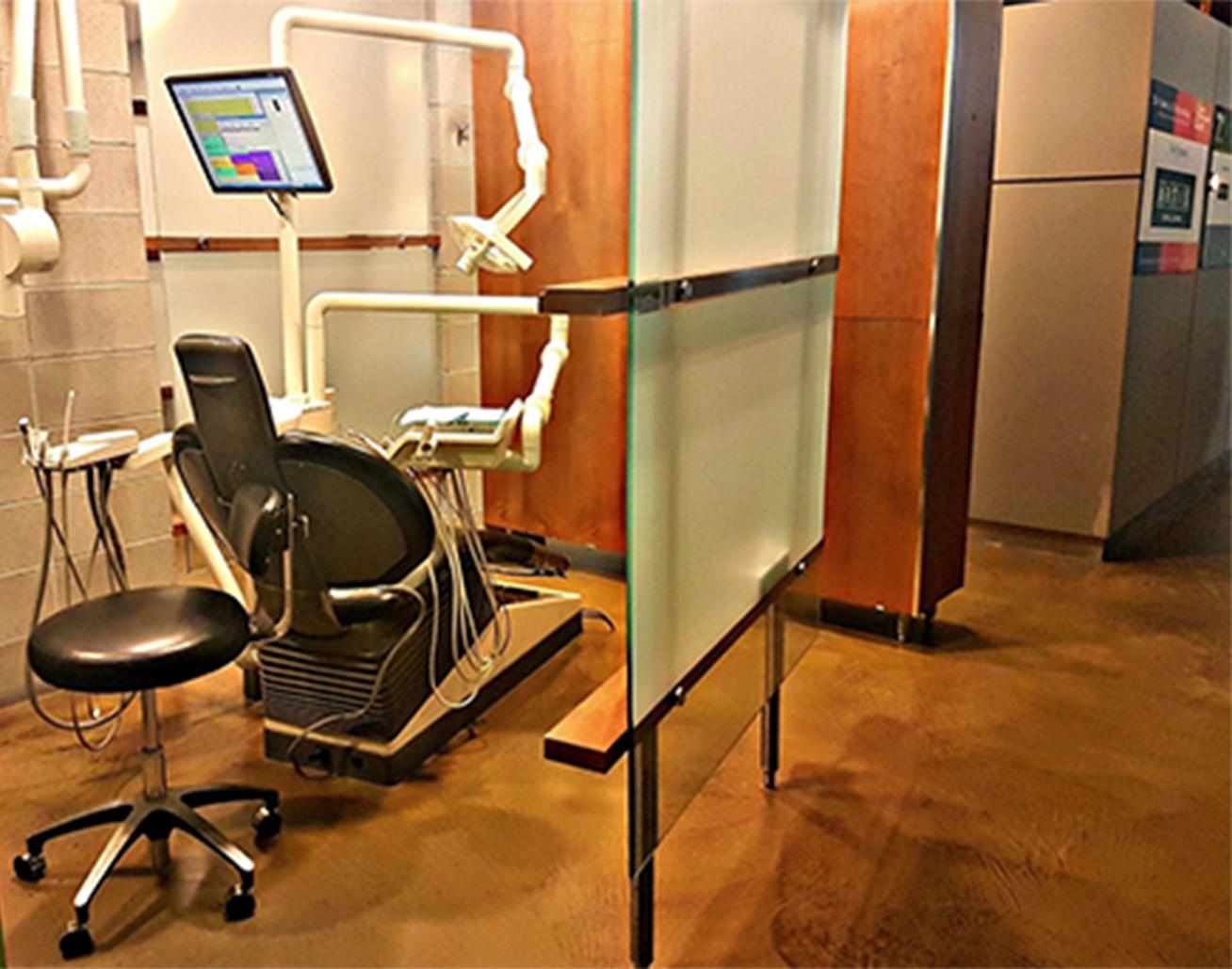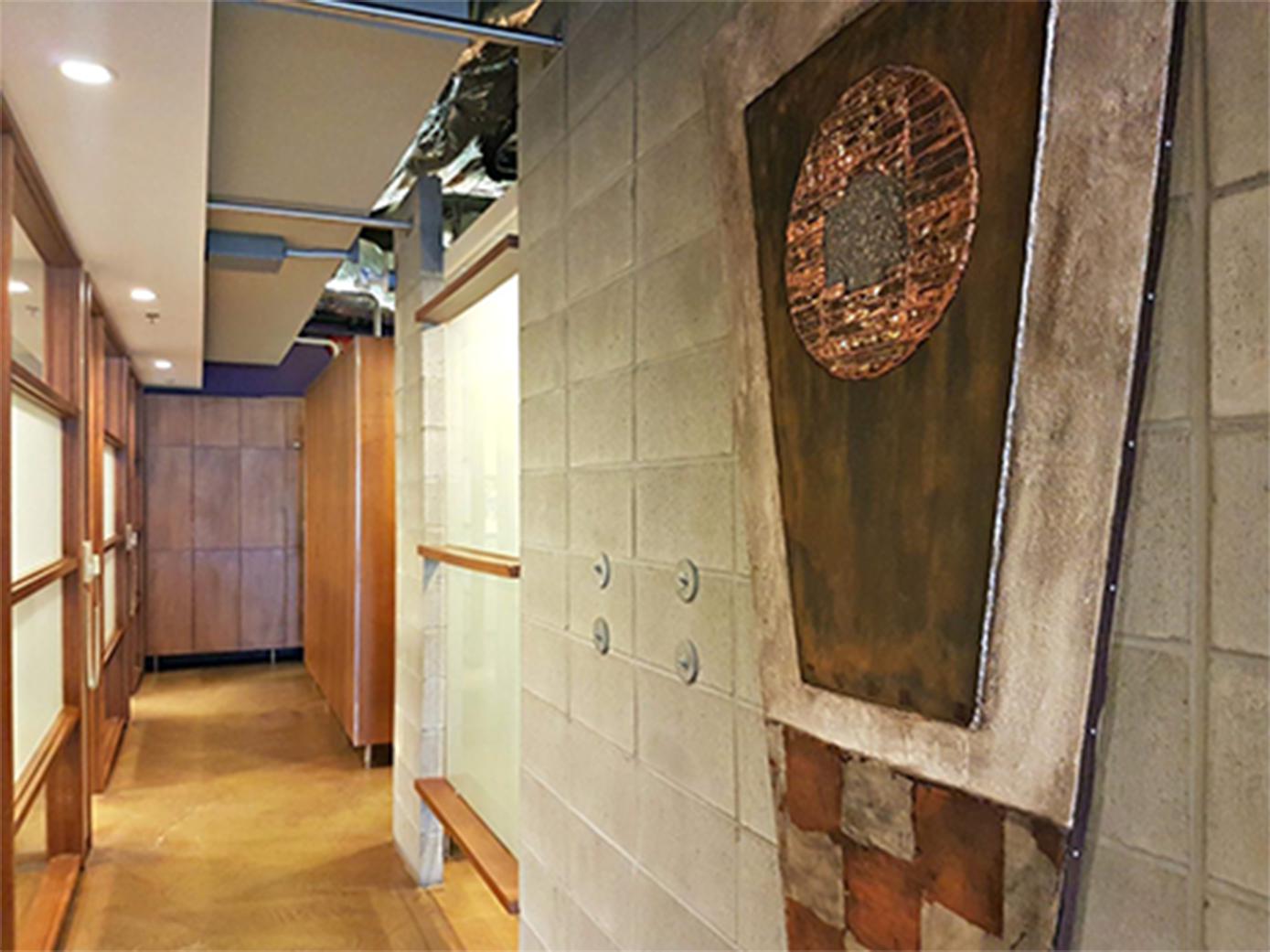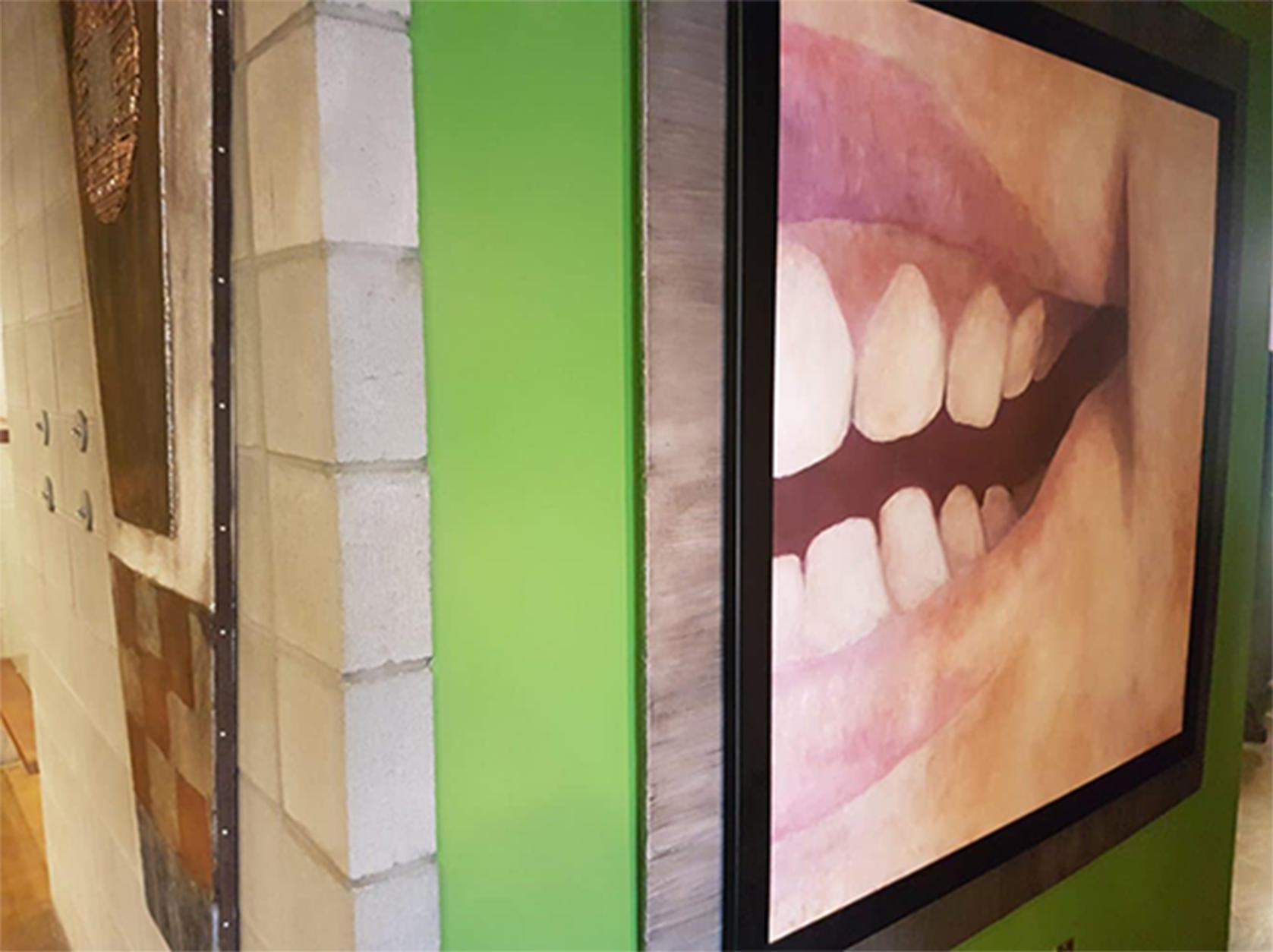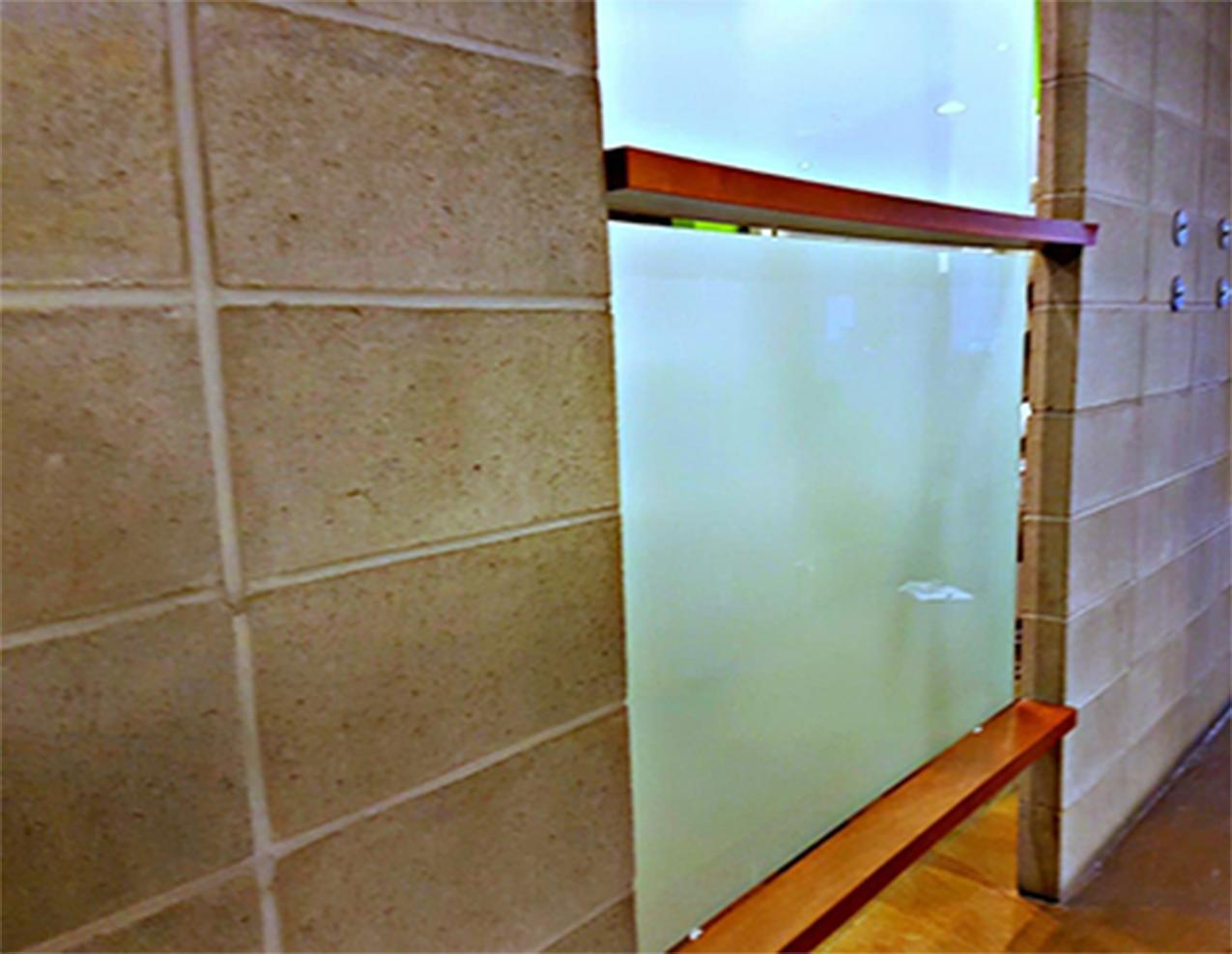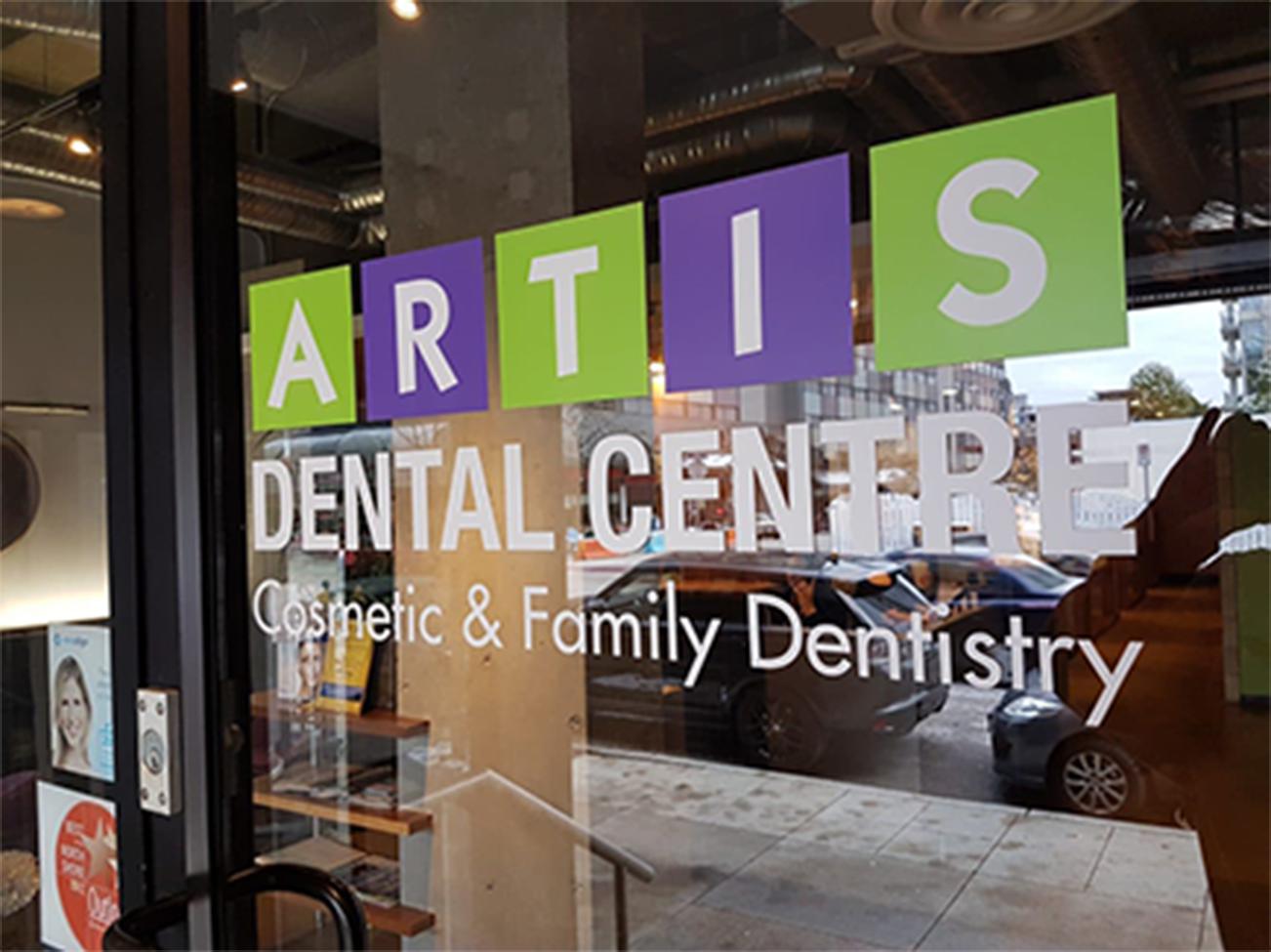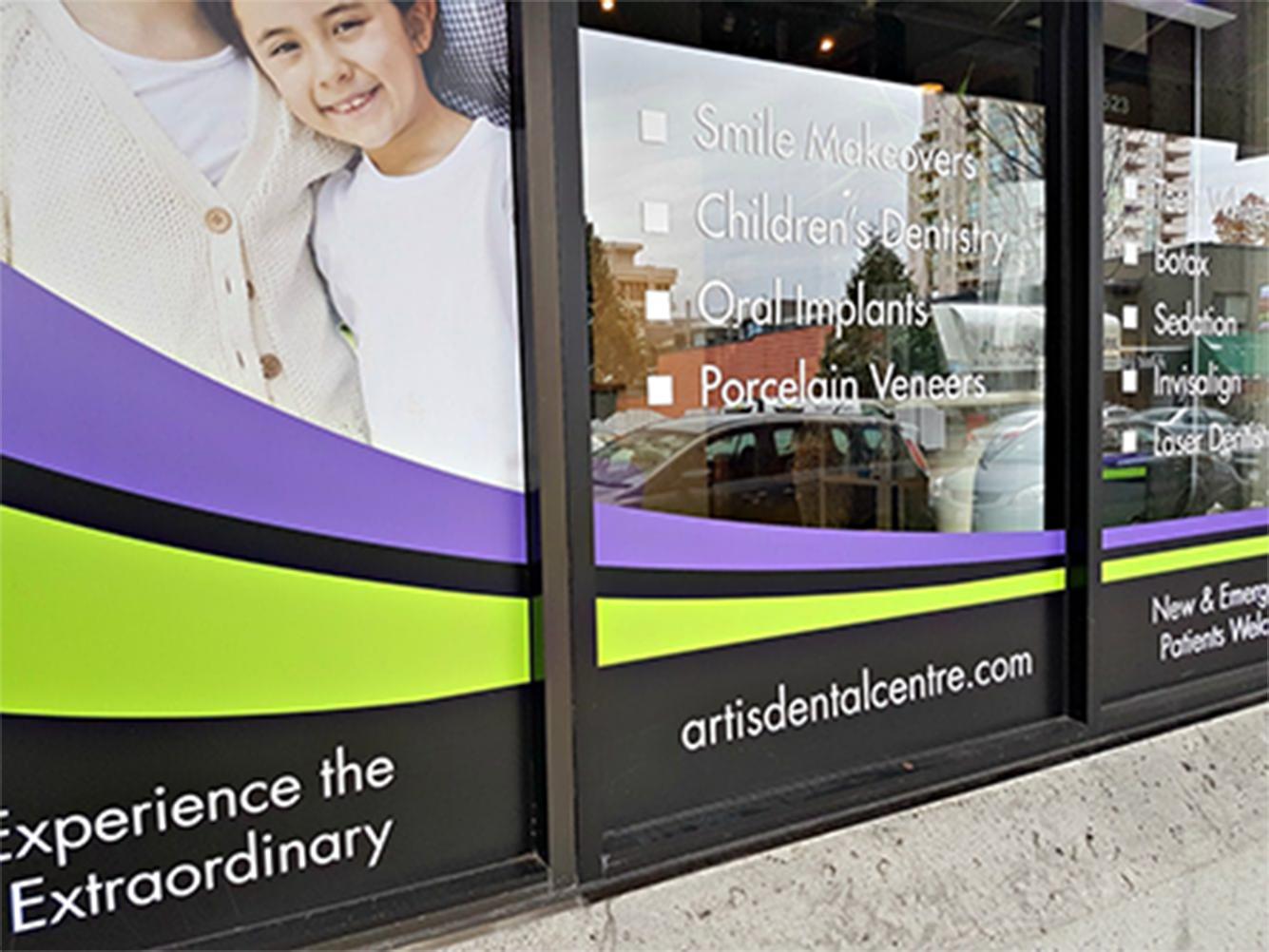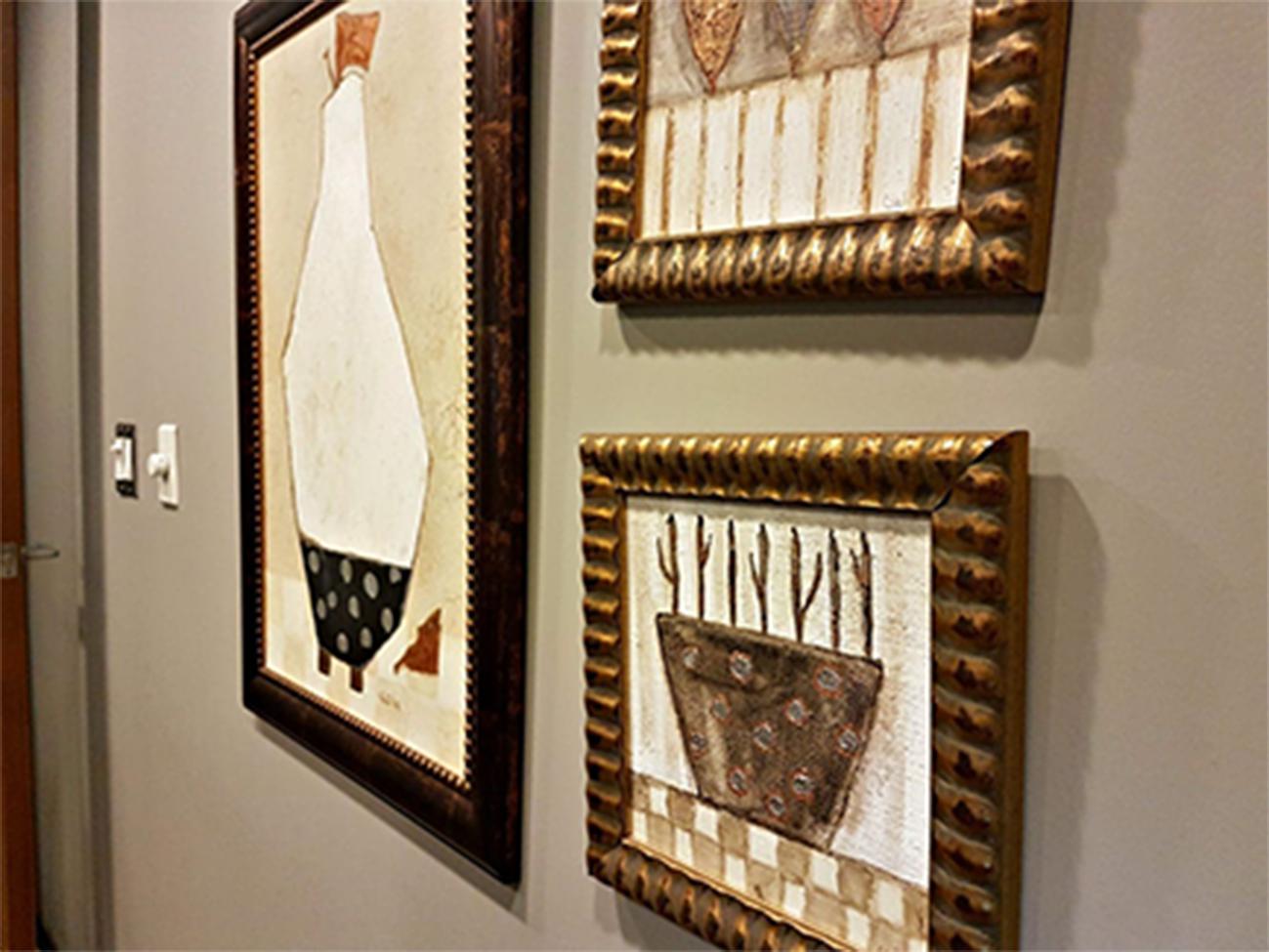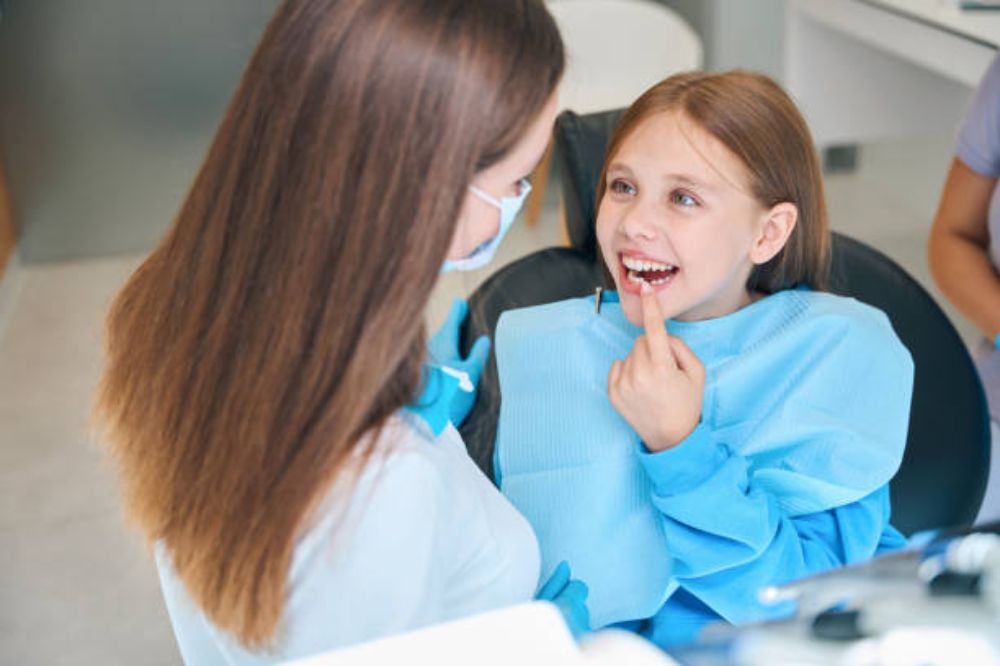
Maintaining your child’s smile starts earlier than most parents realize. When parents inquire of a dentist near you about when they will need to begin brushing or flossing their little one’s teeth, they often expect the answer to be in a year or two but are surprised instead to learn that the answer is: the sooner they start, the better for the child’s dental health. Establishing these habits early can greatly minimize the development of cavities, improve gum health, and raise the importance of your kid caring for his or her teeth.
Why Early Dental Care Matters
Baby teeth might be temporary, but they play a big role in your child’s growth. They help with chewing, speaking clearly, and holding space for adult teeth to come in properly. Neglecting baby teeth can result in discomfort, infections, and even issues with permanent teeth in the future.
Even though they eventually fall out, keeping baby teeth healthy is just as important as caring for adult teeth. That’s why it’s important to follow a good oral care routine from the start. A kids dentist near you can guide you on the right steps for each stage of your child’s development.
When to Start Brushing Your Child’s Teeth
You should start cleaning your child’s mouth even before their first tooth appears. Here’s a simple guide:
- Before teeth erupt: After feeding, gently wipe your baby’s gums with a soft, clean cloth. This keeps gums healthy and gets rid of bacteria.
- When the first tooth erupts: Use a toothbrush with soft bristles and a dab of fluoride toothpaste (roughly the size of a rice grain). Twice daily, brush.
- Around age 3 – Increase the toothpaste to a pea-sized amount once your child can spit it out. Continue brushing twice a day.
Parents should brush their child’s teeth until they are able to do it properly on their own, usually around age 7 or 8, as advised by a dental clinic near you.
When to Start Flossing
Flossing should begin when two teeth touch each other. This often happens between the ages of 2 and 3. At this stage, food and plaque can get trapped between teeth, and brushing alone cannot remove them.
- Start by using floss picks or regular dental floss designed for kids.
- Floss gently between each tooth once a day.
- Help your child floss until they have the hand coordination to do it themselves — usually by age 8 to 10.
Tips for Making Brushing and Flossing Fun
Teaching good habits doesn’t have to be boring. You can keep it fun for your child with these tips:
- Allow your child to choose a toothbrush that features their favourite character or colour.
- Play their favourite song for two minutes while brushing.
- Use flavoured toothpaste that’s safe for kids.
- Make brushing and flossing a family activity so they can copy you.
Indications that Your Child Requires a Dental Visit
Regardless of how often your child brushes and flosses, having regular visits to the dentist is essential. Consider visiting a kids dentist in New Westminster if you notice:
- Tooth pain or sensitivity
- Bleeding gums
- White or brown areas on teeth
- Foul persistent breath
Visiting the dentist at an early age helps to prevent larger problems and teaches infants, toddlers, and children that visiting the dentist is a positive experience.
How to Build Lifelong Healthy Habits
Good oral care is a habit that starts at home. As a parent, you can:
- Set a regular brushing and flossing schedule
- Use rewards or sticker charts for consistent habits.
- Lead by example by showing your own brushing and flossing routine.
When kids learn these skills early, they are more likely to maintain them as adults, according to a dentist.
Best Start for a Healthy Smile for Your Child
One of the greatest safeguards for your child’s lifelong oral health is to encourage them to brush and floss from a young age. Frequent visits to the dentist can help to identify problems that can be treated early on. At Artis Dental Centre we provide gentle, caring and child-friendly care while children learn how to appreciate and value a healthy smile.


